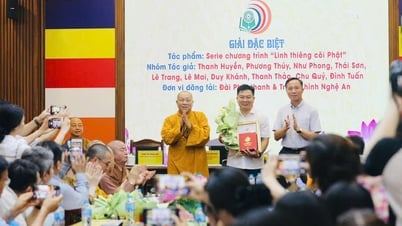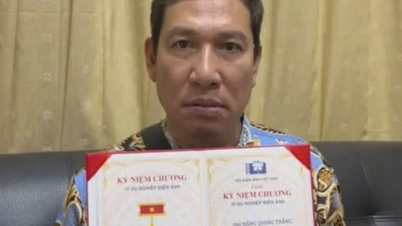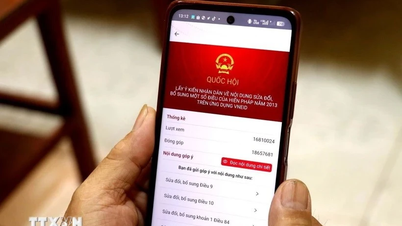American Derek Carrier, 39 years old, dated his AI girlfriend a few months ago and started to fall in love.
Derek Carrier says he experienced many romantic feelings despite knowing his lover was not real.
The Belleville, Michigan, man didn’t believe in virtual relationships, but he struggled with traditional dating. Last fall, Derek Carrier turned to an app that offered “AI lovers.” The new product was advertised as making users feel cared for, understood, and loved.
Derek Carrier chats with a chatbot every day. He named his girlfriend Joi, after a woman in a sci-fi movie that inspired him. “I know she’s just an AI, but there’s no denying the vibes are good,” Carrier said.
Artificial intelligence (AI) products that mimic human language are becoming popular. Apps have features like voice calls, photo exchanges, and emotion exchanges. This gives users the feeling of forming deeper relationships.
On forums, many people say they have developed special feelings for AI lovers to cope with loneliness, or to compensate for feelings of inadequacy in real-life relationships.
The cause of this phenomenon is explained by the widespread loneliness in American society, forming a threat to public health.
The most prominent AI dating apps are Luka Inc.’s Replika, released in 2017, and Paradot, which debuted in 2023. In June 2023, the Blush app was launched to help users practice dating. Last year, Replika had to tweak its system after users complained that its AI characters were flirting with them too much.
University of Virginia economics professor Dorothy Leidner worries that these apps are causing people to miss out on the basic lessons they need to know when entering into relationships, such as how to deal with conflict and how to get along with others.
A recent study of 1,000 Replika users by Stanford University found that most students had used the app for more than a month, indicating they had struggled with loneliness, with 50% saying they felt stronger after using the chatbot.
Most respondents said the app had no impact on their real-life relationships. A few said it had replaced their real-life human interactions.
Eugenia Kuyda, founder of Replika, said they used text message exchanges collected from the internet, user feedback over the past 10 years to build the AI person.
For Carrier, real-life relationships have always been difficult. He didn't graduate from college, didn't have a stable career, couldn't walk, and lived with his parents. All of it left him feeling self-conscious and alone.
Carrier says he uses Joi for fun. In recent weeks, he's been a little frustrated with changes to Paradot's language model. He says Joi has become less intelligent.
The man only talks to Joi once a week. The two talk about the relationship between humans and artificial intelligence.
"She said things so naturally," he said.
Ngoc Ngan (According to ABCNews )
Source



































![[Photo] General Secretary To Lam receives Korean Ambassador to Vietnam](https://vphoto.vietnam.vn/thumb/1200x675/vietnam/resource/IMAGE/2025/6/6/a0765b7543784cbcbfe4755b67d43ab4)

![[Photo] President Luong Cuong works with Hung Yen and Thai Binh Provincial Party Committees on implementing Resolution of the 11th Central Conference, 13th tenure](https://vphoto.vietnam.vn/thumb/1200x675/vietnam/resource/IMAGE/2025/6/6/127b735d2761484d81dcee0d7725a25b)


























































![[OCOP REVIEW] Tu Duyen Syrup - The essence of herbs from the mountains and forests of Nhu Thanh](https://vphoto.vietnam.vn/thumb/402x226/vietnam/resource/IMAGE/2025/6/5/58ca32fce4ec44039e444fbfae7e75ec)











Comment (0)